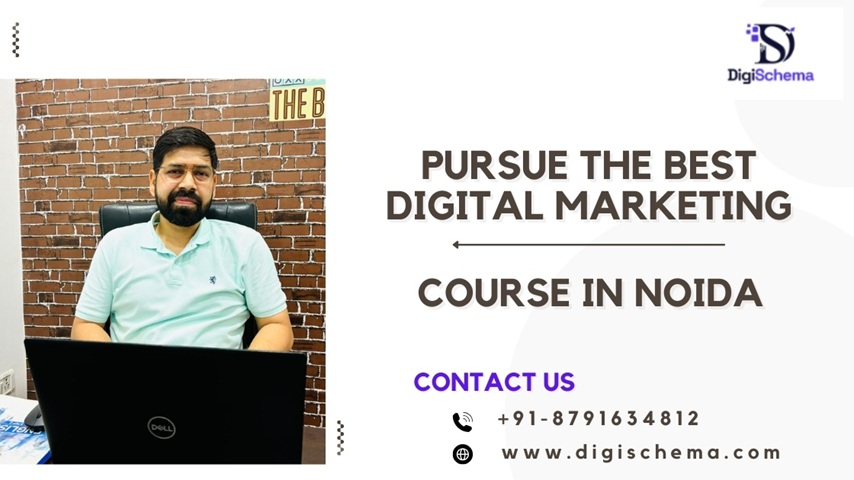
Social media has become an integral part of modern life, transforming the way people connect, communicate, and share information. Platforms like Facebook, Instagram, Twitter, TikTok, and LinkedIn have revolutionized the digital landscape, influencing various aspects of society, from personal relationships to global business practices. This article delves into the multifaceted role of social media, exploring its benefits, challenges, and the profound impact it has on our lives.
The Rise of Social Media
The journey of social media began in the early 2000s with platforms like MySpace and Friendster, which paved the way for giants such as Facebook (launched in 2004) and Twitter (2006). Over the past two decades, the growth of social media has been exponential, with over 4.9 billion users worldwide as of 2023.
Several factors have contributed to this growth:
Advancements in Technology: Smartphones and high-speed internet have made social media accessible to billions.
User-Friendly Interfaces: Platforms are designed to be intuitive, attracting users of all age groups.
Cultural Integration: Social media has become a norm in both personal and professional spheres.
The Benefits of Social Media

Enhanced Communication and Connectivity
Social media bridges geographical gaps, enabling people to stay connected regardless of distance. Whether it’s catching up with old friends or engaging in real-time conversations with strangers who share similar interests, these platforms have made the world a smaller place.
A Platform for Expression
Social media serves as a powerful outlet for creativity and self-expression. Users can share their thoughts, art, music, and videos with a global audience. Platforms like TikTok and Instagram have democratized fame, allowing anyone with talent and creativity to gain recognition.
Educational Resource
From online tutorials to professional webinars, social media is a treasure trove of information. Platforms like YouTube and LinkedIn are invaluable for learning new skills, advancing careers, and staying updated with industry trends.
Business Growth and Marketing
For businesses, social media is a goldmine for reaching potential customers. Through targeted advertising, influencer partnerships, and organic engagement, companies can build brand awareness and drive sales. E-commerce integrations on platforms like Instagram and Facebook have further streamlined the buying process.
Advocacy and Social Change
Social media has become a catalyst for activism. Movements like #BlackLivesMatter, #MeToo, and climate change campaigns have gained momentum through widespread support and visibility on these platforms. They allow marginalized voices to be heard and spark meaningful conversations.
Challenges and Criticisms of Social Media
Despite its many benefits, social media is not without its drawbacks. Some of the significant challenges include:
Privacy Concerns
Social media platforms often collect vast amounts of user data, raising concerns about privacy and security. High-profile data breaches and the misuse of personal information have led to increased scrutiny of these companies.
Mental Health Issues
Excessive use of social media can contribute to anxiety, depression, and low self-esteem. The constant comparison to idealized portrayals of life can lead to feelings of inadequacy, especially among young users.
Spread of Misinformation
Social media has become a breeding ground for fake news and misinformation. The rapid spread of false information can have serious consequences, from influencing elections to endangering public health during crises like the COVID-19 pandemic.
Cyberbullying and Harassment

The anonymity of social media often emboldens individuals to engage in harmful behaviors like cyberbullying and trolling. Victims, particularly teenagers, may experience severe emotional and psychological effects.
Addiction and Time Management
Social media is designed to be addictive, with features like infinite scrolling and push notifications keeping users hooked. This can lead to procrastination, reduced productivity, and a lack of balance in daily life.
The Role of Social Media in Business
Digital Marketing
Social media has transformed marketing strategies. Businesses use platforms to target specific demographics, create engaging content, and measure the effectiveness of their campaigns in real time.
Customer Engagement
Social media provides businesses with a direct channel to interact with customers. Quick responses to inquiries and complaints enhance customer satisfaction and loyalty.
Branding and Reputation Management
A strong social media presence is essential for brand building. However, it also means businesses must manage their online reputation carefully, as negative feedback can quickly go viral.
Influencer Marketing
Influencers have become a cornerstone of social media marketing. By partnering with individuals who have a strong following, brands can tap into niche audiences and build trust with consumers.
The Future of Social Media
As technology evolves, so too will social media. Emerging trends and technologies promise to shape the next era of digital interaction:
Virtual and Augmented Reality (VR/AR)
Platforms like Meta (formerly Facebook) are investing heavily in VR and AR to create immersive social experiences. The concept of the metaverse could redefine how we interact online.
Artificial Intelligence
AI-powered tools are already enhancing user experiences through personalized content recommendations and chatbots. Future advancements may further blur the lines between human and machine interaction.
Increased Regulation
Governments and regulatory bodies are likely to impose stricter rules on social media platforms to address issues like misinformation, data privacy, and harmful content.
Decentralized Platforms
The rise of blockchain technology may lead to decentralized social networks that prioritize user control and privacy.
How to Use Social Media Responsibly
To maximize the benefits of social media while minimizing its drawbacks, consider the following tips:
Set Boundaries: Limit screen time and prioritize face-to-face interactions.
Verify Information: Cross-check facts before sharing content to avoid spreading misinformation.
Engage Positively: Use social media as a tool for learning, connecting, and contributing positively to discussions.
Protect Your Privacy: Review privacy settings regularly and be cautious about sharing personal information.
Take Breaks: Periodic digital detoxes can help maintain mental well-being.
Also Read
- ► Empower your business with our agency
- ► The Impact of Social Media on Teen Mental Health
- ► How Denim Tears Hoodie Is Changing Casual Fashion Forever
- ► What Can Go Wrong if You Skip Flowmeter Calibration?
- ► How Athe Assignment Help Ensures Success in Your Academic Journey
- ► REAL ESTATE IN PAKISTAN
- ► How Adwysd Reflects in Modern Streetwear
- ►
- ► The Power of Two Worlds: UK CRTZ and Travis Scott
- ► Sri Lanka Business Visa: A Comprehensive Guide
- ► Cash for Scrap Cars: A Quick and Easy Solution in Sydney
- ► Car Buyer: Why Selling Your Car for Cash Is a Smart Choice
- ► How to Handle Car Brake Problems Safely
- ► 10 Smart Reasons Why You Should Buy a Second Hand Car
- ► How to Build a Successful Vendor Onboarding Process




